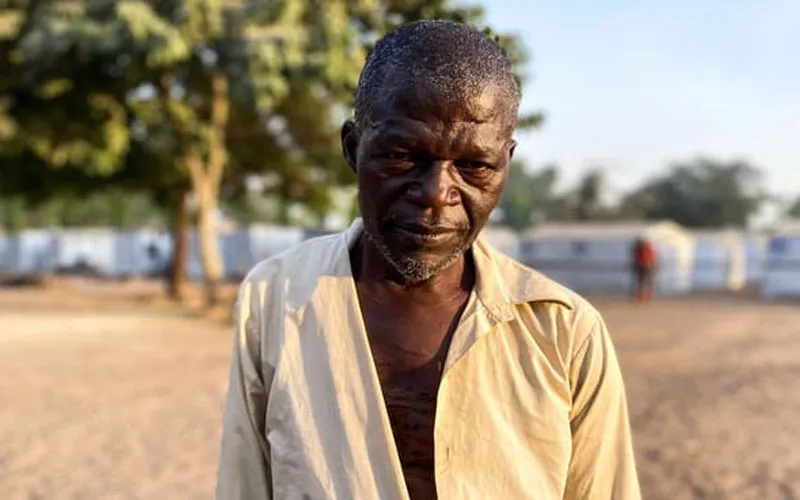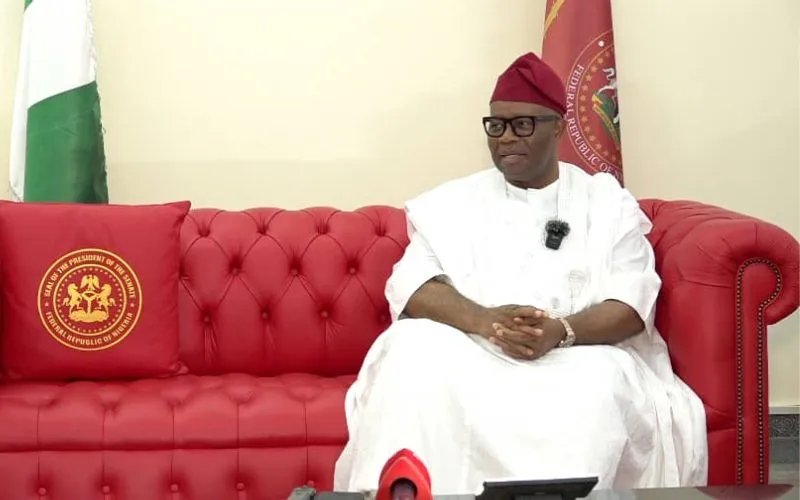Jos, 16 February, 2023 / 9:00 pm (ACI Africa).
Clement Usoo admits that he has lost all hope in life, and is only waiting for his death after watching armed Fulani herdsmen brutally murder his mother, brother, and son, and losing seven other family members to the militants.
Usoo told the Catholic Pontifical and charity foundation, Aid to the Church in Need (ACN) International, that all that is left for him is to lead a quiet life, expecting nothing, until he finally dies and joins his dead kin.
Asked about his prospects for the future in the Wednesday, February 15 report, the 65-year-old told ACN, “I am very old now, and my strength is gone. I can do little until I finally join my ancestors. I just wish to spend the remaining days of my life in happiness, with food on my table, in good health, and thus, finally, to prepare to rest in Christ.”
Usoo recalls the 1 June 2019 incident in which he was shot, and had to spend six months in hospital. Additionally, the Fulani herdsmen took his land in Tse-Umande village in Nigeria’s Benue State, forcing him to move to an IDP camp with his family.
At the camp, three of his ten children died, and six others were assigned housework in various cities, the frail man shared with ACN.








